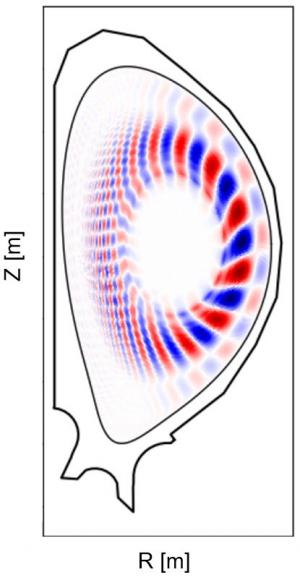11th ITER International School announced
The subject of this year's school is "The Impact and Consequences of Energetic Particles on Fusion Plasmas." As the start of ITER operations approaches, it is timely to address this multidisciplinary topic that includes plasma self-heating by fusion-born alpha-particles, the influence of energetic particles on stability, diagnosing energetic particle transport and loss, and understanding runaway electrons.
The ITER International School aims to prepare young scientists and engineers for working in the field of nuclear fusion and in research applications associated with the ITER Project. The adoption of a "school" format was a consequence of the need to prepare future scientists and engineers on a range of different subjects and to provide them with a wide overview of the interdisciplinary skills required by ITER.
The first ITER School was organized in Aix-en-Provence, France, in July 2007 and focused on turbulent transport in fusion plasmas. Nine successive schools have followed on a variety of subjects: magnetic confinement (Fukuoka, Japan, 2008); plasma-surface interactions (Aix-en-Provence, 2009); magneto-hydro-dynamics and plasma control (Austin, Texas (US), 2010); energetic particles (Aix-en-Provence, 2011); radio-frequency heating (Ahmedabad, India, 2012); high performance computing in fusion science (Aix-en-Provence, 2014); transport and pedestal physics in tokamaks (Hefei, China, 2016); physics of disruptions and control (Aix-en-Provence, 2017); and the physics and technology of power flux handling (Daejeon, Korea, 2019).
Further information on the 2020 school will be available from the beginning of November at https://iis2020.sciencesconf.org. Find out more about past schools here.


